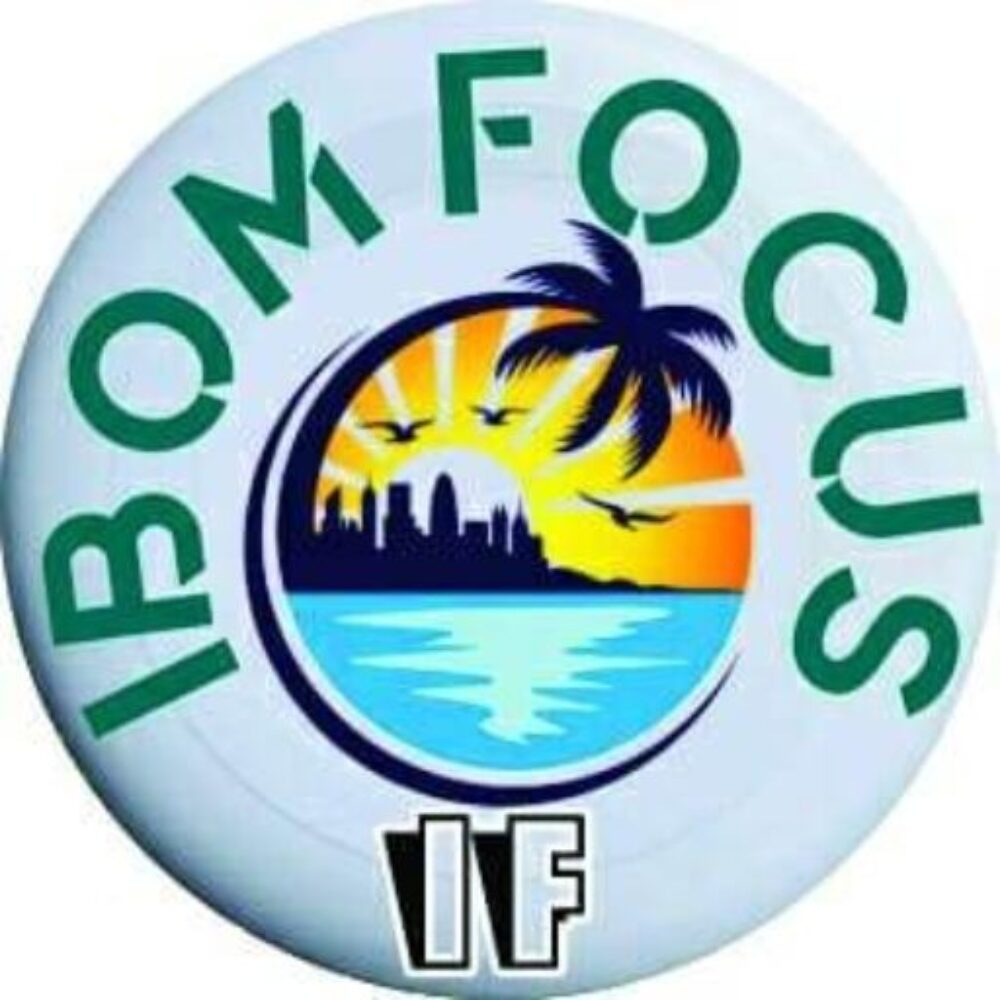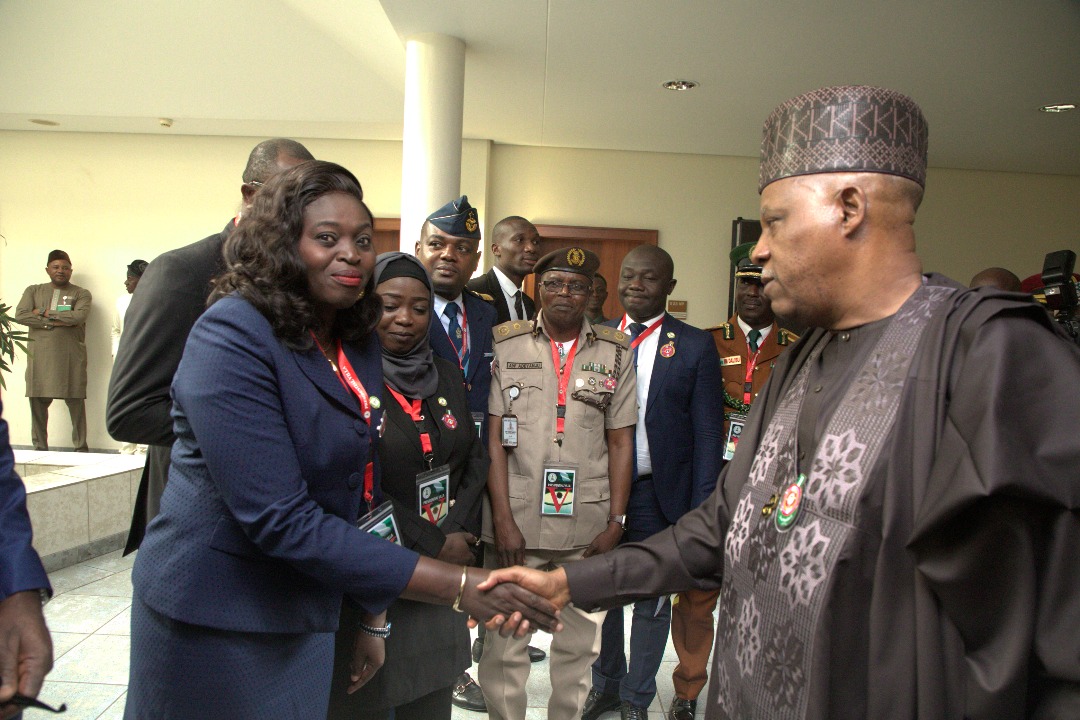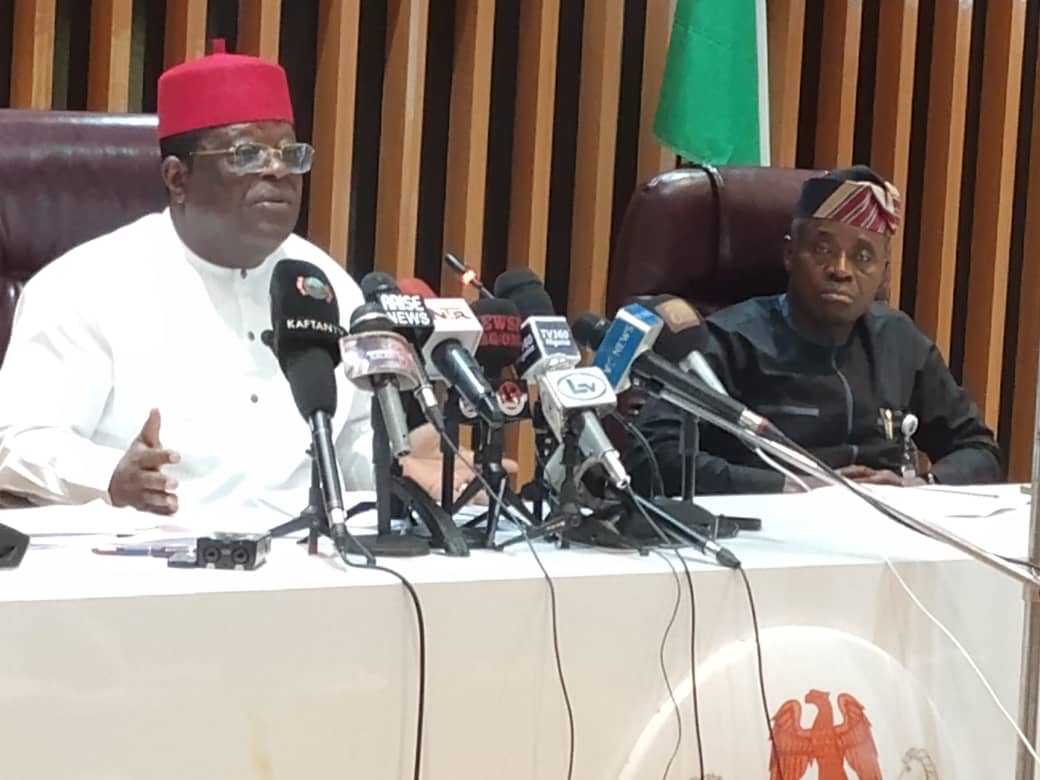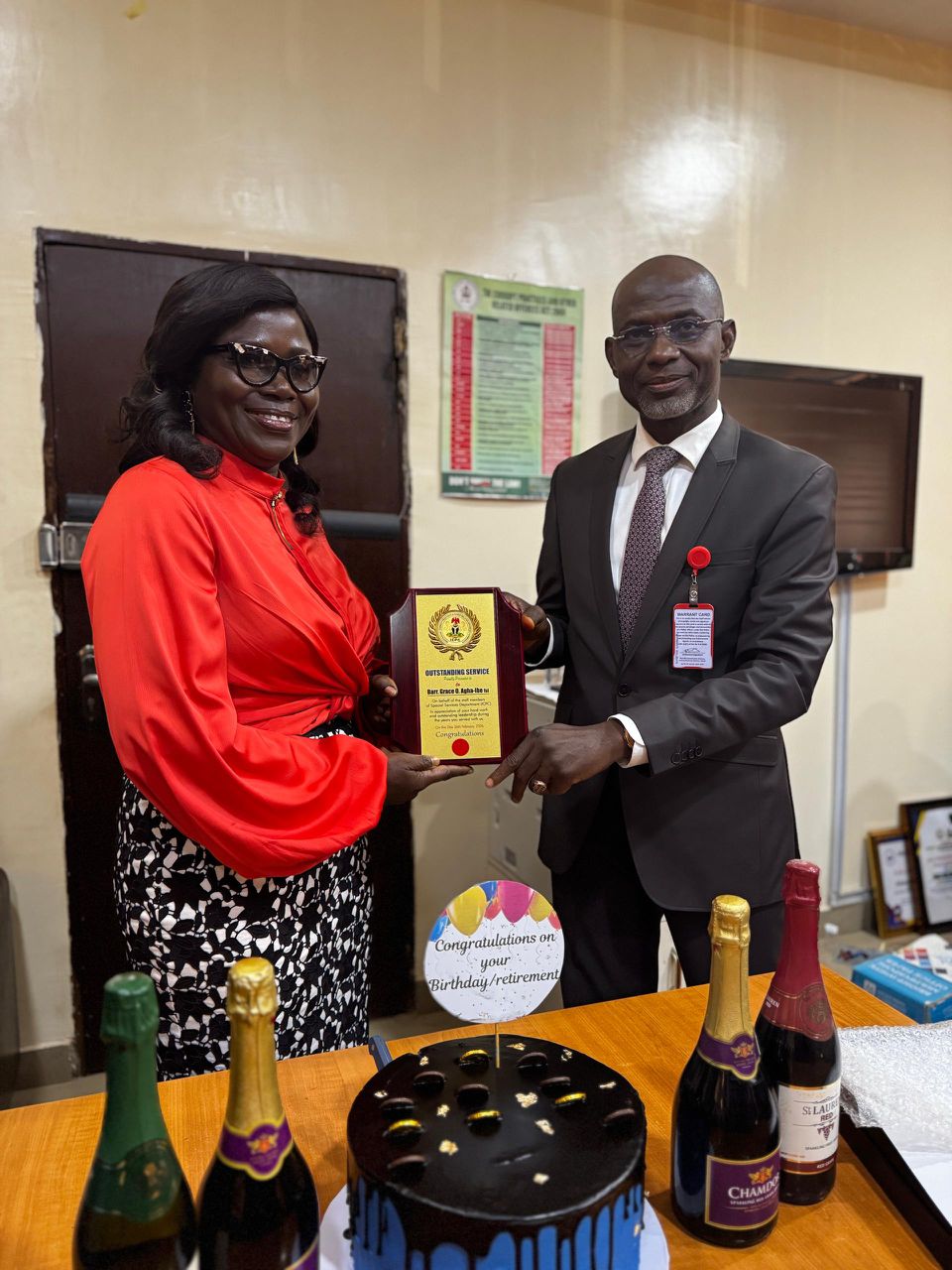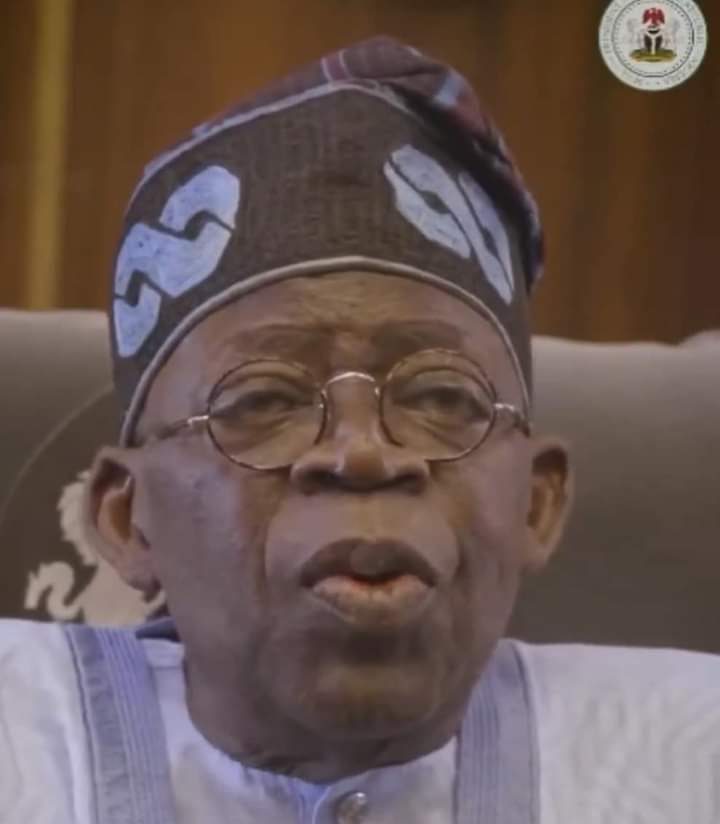
BREAKING: Minimum Wage: Labour Reject Fresh Addition To N60,000
The organised labour has vowed to reject any little addition to N60,000 earlier proposed by the federal government as new minimum wage.
The labour’s leadership and the federal government’s team had, on Monday, reached an agreement on a new minimum wage that would be “above N60,000.”
The Interesting Things About Pha Din Pass, Dien Bien That Just A Few People Know
But speaking last night on Channels Television’s Politics Today, the president of the Trade Union Congress (TUC), Festus Osifo, said the organised labour was not fixated on N494,000, but on a substantial amount.
When asked to mention the specific amount they would settle for, Osifo said the tripartite committee must show seriousness and offer workers something economically realistic in tandem with current inflationary pressures.
“No, we also told them that it is not that we would get to the table and you start adding N1, N2, N3,000 as you were doing and we got some good guarantees here and there that they would do something good,” he said.
He said the new minimum wage must be equal in purchasing power to the value of N30,000 in 2019 and N18,000 in 2014.
The organised labour had on Monday embarked on an indefinite strike over the government’s refusal to pay more than N60,000 as new minimum wage.
But the strike was “relaxed” yesterday for one week following the extraordinary National Executive Council (NEC) meeting of the Nigeria Labour Congress (NLC) and TUC.
Why we relaxed strike for 1 week – NLC president
The president of the NLC, Joe Ajaero, while reading the communique issued after the NEC meeting to journalists Tuesday, said the strike was relaxed for one week from today to allow the federal government commit to a concrete and acceptable national minimum wage, take definitive steps to reverse the electricity tariff hike back to N66/kwh and abolish the discriminatory classification of electricity consumers into bands.
He said labour leadership was mandated to continue to maintain open channels of communication with the government to negotiate and secure favourable outcomes for Nigerian workers and people.
He directed all affiliate unions and state councils “to relax the indefinite nationwide strike and return to their respective workplaces immediately.”
Ajaero said the decision to relax the strike was taken after President Tinubu’s commitment to raising the new minimum wage above N60,000.
Speaking about the agreement reached with the government on Monday, Ajaero said, “On electricity tariff hike and classification: The NEC-in-Session is deeply disappointed by government’s silence and lack of concrete action regarding the reversal of the electricity tariff hike and the abolition of the apartheid classification of electricity consumers into bands.
“The NEC reaffirms that these issues are critical to alleviating the financial burden on Nigerian workers and the general populace. The electricity tariff hike and discriminatory band classification remain unacceptable and must be addressed alongside the wage increase.”
Tinubu urges Edun to present cost implication in 48hrs
President Bola Ahmed Tinubu yesterday ordered the Minister of Finance, Wale Edun, to come up with the cost implication of a new minimum wage within two days.
The president issued the directive during a meeting he held with the federal government’s negotiation team at the Presidential Villa in Abuja.
Addressing reporters after the meeting with the president, the Minister of Information and National Orientation, Mohammed Idris, said parties to the negotiation of the new minimum wage would work together with the organised labour to present a new wage for Nigerians in one week.
“All of us will work together assiduously within the next one week to ensure that we have a new wage for Nigeria that is acceptable, sustainable and realistic,” he said.
Idris said the president directed those who had negotiated on behalf of the government, as well as representatives of the organised private sector and state governments to come together to have a new wage award that is affordable, sustainable and realistic for Nigerians.
“We were all there to look at all the issues; and the president has directed the minister of finance to do the numbers and get back to him between today (yesterday) and tomorrow (today) so that we can have figures ready for negotiation with labour,” Idris said.
The minister also expressed the determination of the present administration to accept the committee’s resolutions with labour.
“Let me say that the president is determined to go with what the committee has said. He is also looking at the welfare of Nigerians,” he added.
Shutting down power grid economic sabotage, Senate tells labour
The Senate on Tuesday flayed labour unions for shutting down national power grid during their strike action on Monday.
The strike grounded economic activities in the country as banks, schools, hospitals and government offices were shut down.
The Senate, at its plenary yesterday, described the action as economic sabotage.
It said the shutdown of the power grid and disruption of Hajj flight were more of an economic sabotage than a new minimum wage agitation.
The Senate resolved to pass an executive bill stopping labour unions from perpetrating such acts, which would be presented to the National Assembly to reflect in the new national minimum wage Act.
The resolutions were sequel to a motion by the chairman of the Senate Committee on Labour, Senator Diket Plang (APC, Plateau Central).
Plang had requested the Senate to call on the federal government to expedite action on new minimum wage as a way of stopping the industrial unrest.
In his remarks, the president of the Senate, Godswill Akpabio, said though it was heartwarming that the strike had been suspended, the “excesses” of some labour unionists needed to be condemned.
Akpabio said, “One of such excesses was the shutdown of the national grid which is more of an economic sabotage than agitation for new minimum wage.
“Disruption of Hajj flight by some other labour unionists as said by the Deputy President of the Senate is also not palatable being a religious exercise.
“Also, disruption or prevention of students from writing their WAEC by some labour unionists during the strike was bad because the examination is not organised by Nigeria, but West African countries.”
He added that such actions would not be allowed to be repeated as required laws against them would be reflected in the new National Minimum Wage Bill being expected from the executive.
